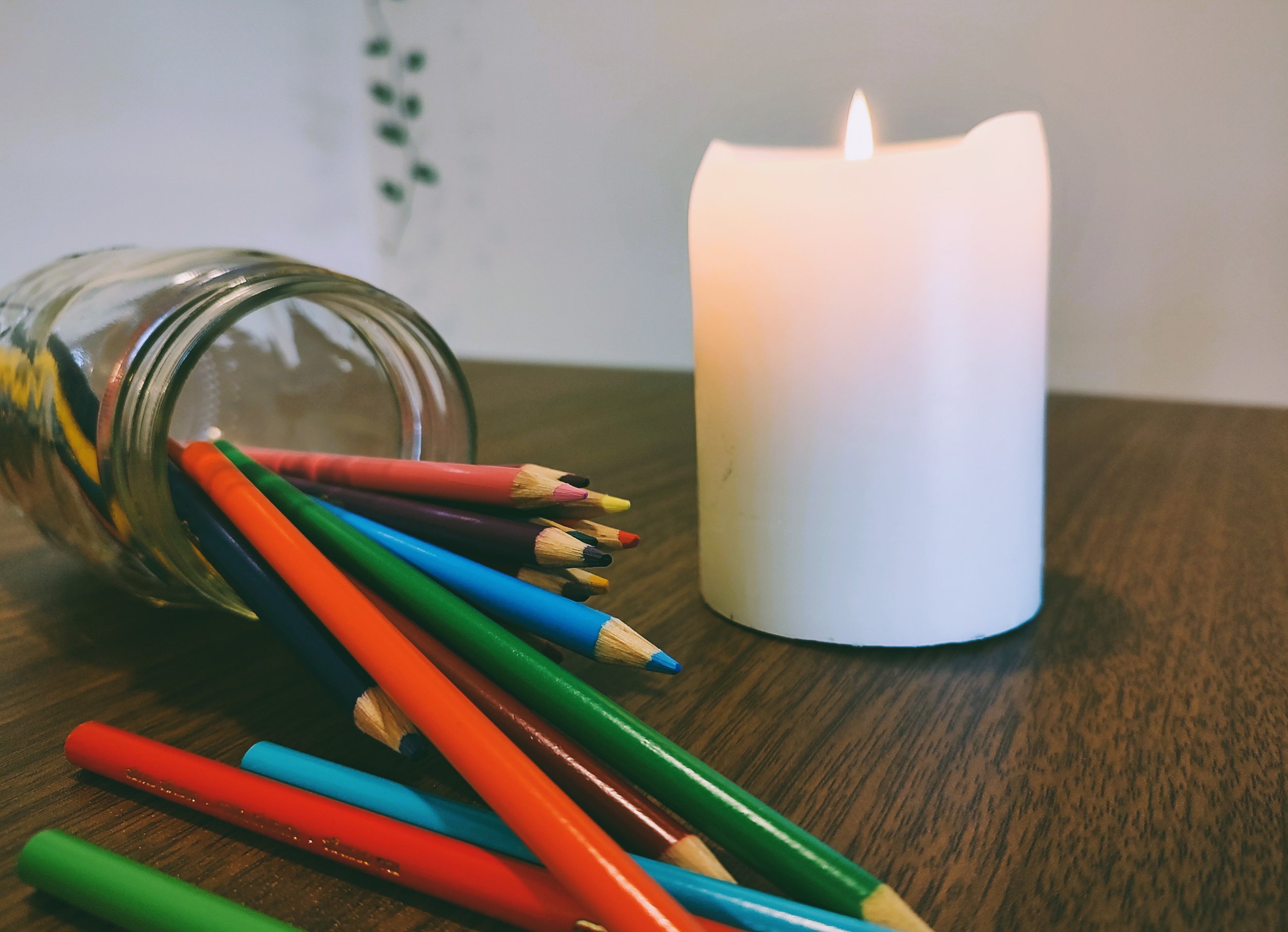The Creative Deficit
This post was originally published March 7, 2024.
I've written about writer's block and resistance, but there's something else I think I should talk about and that's the creative deficit.
Any creative person can attest that sometimes their brain goes empty, their hands won't draw or write or drum. It's a kind of burnout that feels as if your whole body is empty of any ability to create. A few blog posts ago, I wrote about the two minute rule and how it motivates me to move past my resistance to sit down and create. I also wrote that it sometimes doesn't work.
This is about those times.
Creating is a cycle. A couple years ago, I was speaking with an accomplished writer about how to break into the field. He said something that has always stuck with me: “When you’re writing, you're contributing to a conversation nearly 6,000 years in the making.”
Stories beget more stories. Even today, we see sequels to franchises like Star Wars, reimaginings of old stories like The Little Mermaid, which started out as a different tale written by Hans Christian Anderson. Religious doctrines split over interpretations of singular people like Abraham, and even the old mythologies have influenced our understandings of what might have been and what may be. Despite the world looking different now than it did thousands of years ago, we all know that the people who lived then experienced many things that we experience now; things like love, family, fear, and grief.
So what is the creative deficit? It’s when everything stagnates.
When I was editing my book, I was reading the same story over and over again. I felt the same frustration of not being done with it, and I saw few things outside the space of my own desk. The creative deficit sunk in.
Because, ultimately, creative people need inspiration. Doing the same thing, feeling the same feeling, and working on the same story for an extended period of time leads to what many people refer to as burnout. The creative deficit occurs when my creative input is not equal to or greater than my creative output.
I’ve been writing a lot lately: cover letters for jobs, stories for a couple tabletop role playing games that I’m running, and this blog. I’ve had days where I’ve sat on my floor, my bed, my couch trying to write something, but all I feel like doing is banging my head against the wall. Fortunately, I’ve been through this before, and I’ve been better about forcing myself to go outside, see the sky, touch the grass, visit friends, or go for a drive. My days are broken up with me watching a tv show, reimagining my own characters in The SIMs, and putting together 300 piece puzzles.
As someone who gets joy and meaning from creating things, I spent so long struggling to understand why I felt so drained when committing to being a writer. The truth was that I wasn’t looking at the whole picture. To be a writer, you have to do more than write. You have to be imaginative with your own creativity, find new ways to be curious, and observe the stories that the world whispers to you when you think you should be doing something else. When I understood the creative deficit, writing always stayed fun for me. Even if I was losing my mind over one project, I realized that it was not a sign of my failure but an opportunity to seek out inspiration.
